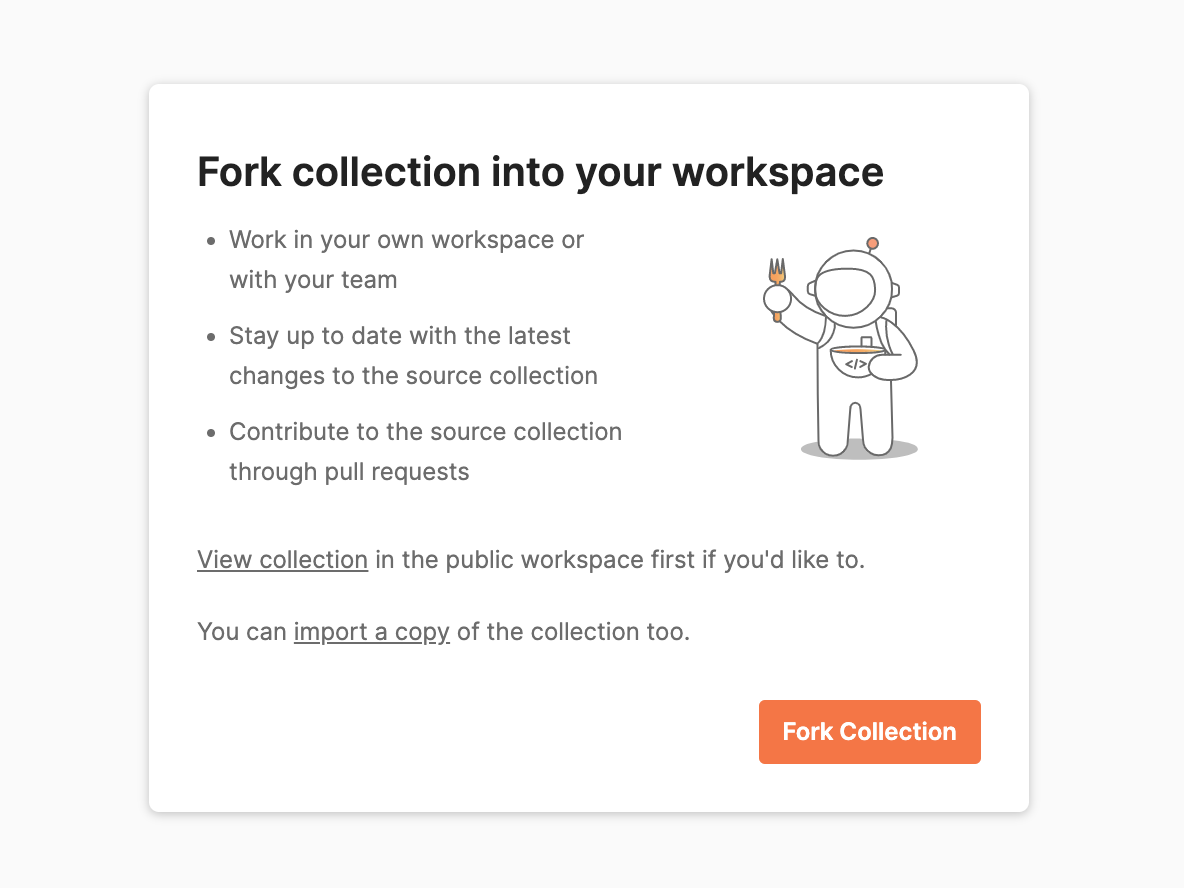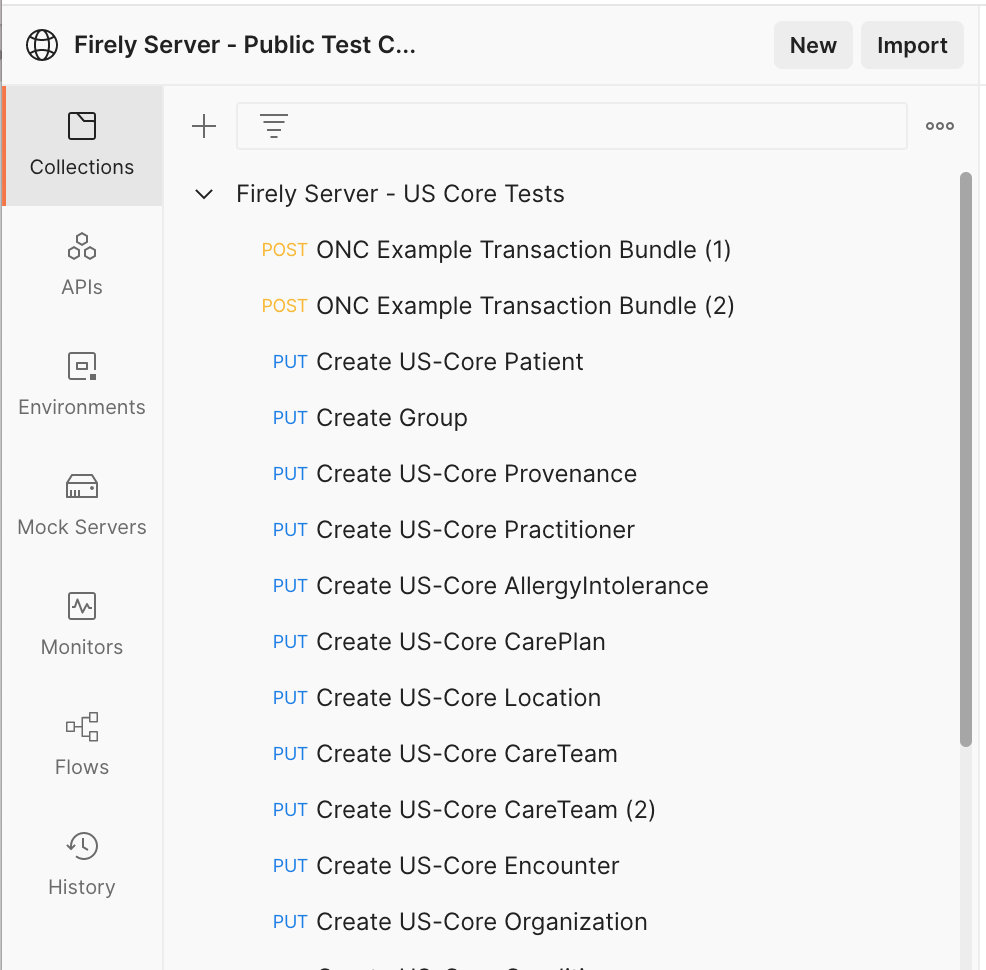Supported Implementation Guides
All of the following FHIR Implementation Guides have been verified by Firely to work out-of-the-box with Firely Server. Conformance to these Implementation Guides, more specifically their corresponding Capability Statements, is usually listed in CapabilityStatement.instantiates.
SMART App Launch
The SMART App Launch Implementation Guide facilitates the integration of third-party applications with Electronic Health Record data, enabling their launch from within or outside the EHR system’s user interface. It offers a robust and secure authorization protocol for various app architectures, accommodating both end-user device-based apps and those operating on a secure server, accessible to clinicians, patients, and others through PHRs, Patient Portals, or any FHIR system.
This implementation guide does not specify any FHIR conformance resources and provides textual guidance only.
Supported version |
Supporting documentation |
Realm |
Package Link |
|---|---|---|---|
|
|
Bulk Data Access
The FHIR Bulk Data Access Implementation Guide is designed to facilitate the seamless exchange of large-scale healthcare data. This IG offers comprehensive guidelines and specifications for accessing and sharing bulk data, enabling healthcare organizations and researchers to efficiently retrieve, process, and analyze vast amounts of patient information.
This implementation guide does not specify any FHIR conformance resources and provides textual guidance only.
Supported version |
Supporting documentation |
Realm |
Package Link |
|---|---|---|---|
|
|
Basic Audit Log Patterns
The Basic Audit Log Patterns (BALP) Implementation Guide is a IHE Content Profile designed to establish fundamental and reusable patterns for AuditEvent logs in the FHIR. These patterns are intended for FHIR RESTful operations while focusing on the main objective to enable Privacy-centric AuditEvent logs that clearly indicate the Patient when they are the subject of the recorded activity.
Supported version |
Supporting documentation |
Realm |
Package Link |
|---|---|---|---|
|
|
USCDI & US Core
The United States Core Data for Interoperability (USCDI) is a standardized set of health data elements and their associated value sets. It serves as a foundational health data standard to support seamless and secure health information exchange across the healthcare ecosystem in the United States.
The US Core FHIR Implementation Guide is a set of implementation specifications and guidance to support the effective FHIR in the United States. The US Core FHIR Implementation Guide aligns with the USCDI, providing detailed instructions on how to implement the necessary FHIR resources and profiles to ensure consistency and interoperability with the USCDI’s data elements.
In summary, the USCDI defines the core health data elements for nationwide interoperability, while the US Core FHIR Implementation Guide complements it by offering practical guidelines and technical specifications for implementing FHIR to support seamless data exchange and improve care coordination within the US healthcare system.
Supported version |
Supporting documentation |
Realm |
Specification Link |
|---|---|---|---|
|
n/A |
|
Supported version |
Supporting documentation |
Realm |
Package Link |
|---|---|---|---|
|
n/A |
|
Known Limitations
In order to validate resources claiming to conform to US Core, it is necessary to configure Firely Server to use an external terminology server incl. support for expanding SNOMED CT and LOINC ValueSets. See Terminology services.
Certain parameters are not implemented for the
$docrefoperation on DocumentReference resources. See Fetch DocumentReference - $docref for more details.
Test Data
Firely provides test data covering all US-Core profiles and all elements marked as Must-Support. In order to load all examples, two transaction bundles need to be posted against the base endpoint of Firely Server. The following Postman collection provides you with the bundles itself, and the bundle entries as individual PUT requests.
The following steps are necessary in order to execute the test collection against our own Firely Server instance:
Select “Fork Collection” or “View collection” in the Postman dialog
Sign-In with your Postman account
Create a new Postman environment with a “BASE_URL” variable and adjust the URL to your server endpoint
Make sure that the newly created environment is selected as the active environment
Open the collection “Firely Server - US Core Tests”
Execute the transaction request, the expected response is “HTTP 200 - OK”.
Da Vinci - Member Attribution (ATR) List
The goal of Da Vinci - Member Attribution (ATR) List implementation guide is to enable providers to gain access to managed lists of all members (Patients) attibuted to their organization. Payors are responsible of managing these lists. Based on ATR lists, providers can retreive administrative information in bulk about all members. Additionally, ATR lists can serve as the basis to allow providers to access claims and encounter data.
Supported version |
Supporting documentation |
Realm |
Specification Link |
|---|---|---|---|
|
n/A |
|
Known Limitations
The custom operations
$member-addand$member-removeare not supported. Therefore for all member updates, a new version of a Group resources is created.The
_untilparameter is not supported as part of the Bulk Date Export operations.The
$davinci-data-exportwrapper around$exportis not supported.
ISiK
The “ISiK” FHIR implementation guide was developed by gematik (national agency for digital health in Germany). The specification defines specific implementation guidelines for the use of FHIR in the German healthcare system. The ISiK FHIR implementation guide aims to improve interoperability and the exchange of health data in Germany. It specifies which FHIR resources, profiles, and terminologies should be implemented to ensure a uniform and secure communication between different IT systems in the stationary healthcare sector.
Supported version |
Supporting documentation |
Realm |
Package Link |
|---|---|---|---|
|
n/A |
|



